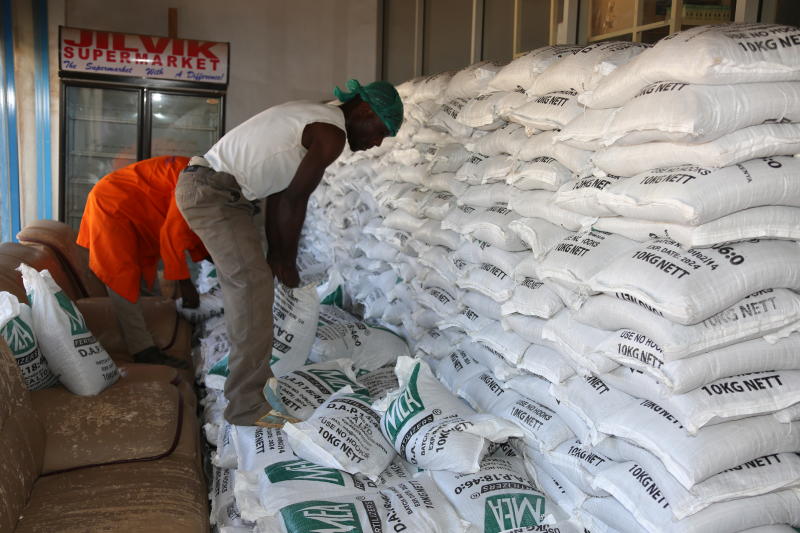×
The Standard e-Paper
Join Thousands Daily

A worker offloads Diammonium Phosphate fertiliser in Kakamega County before the start of long rains. The standards body is in dilemma over the new push by MPs over regulations. [File]